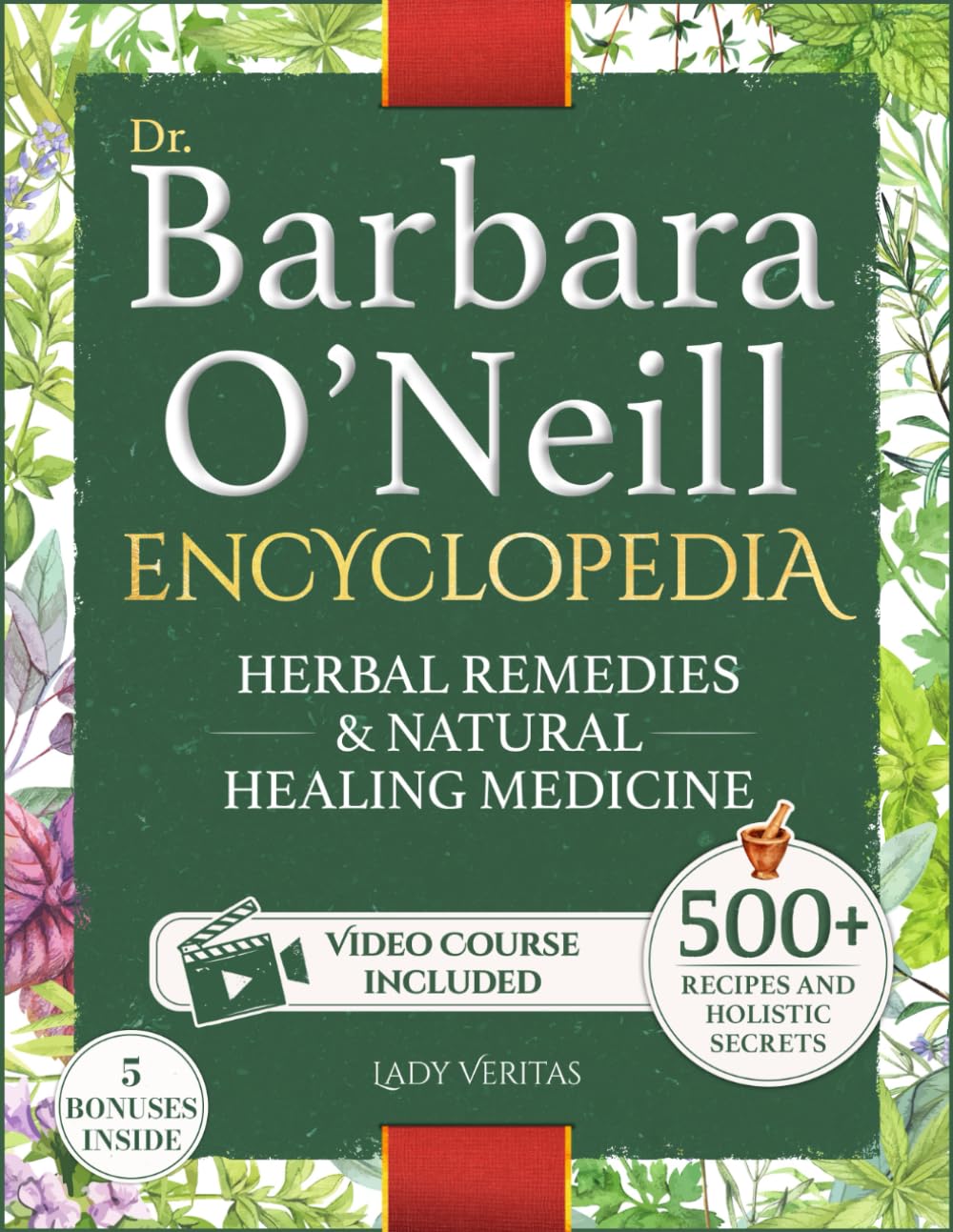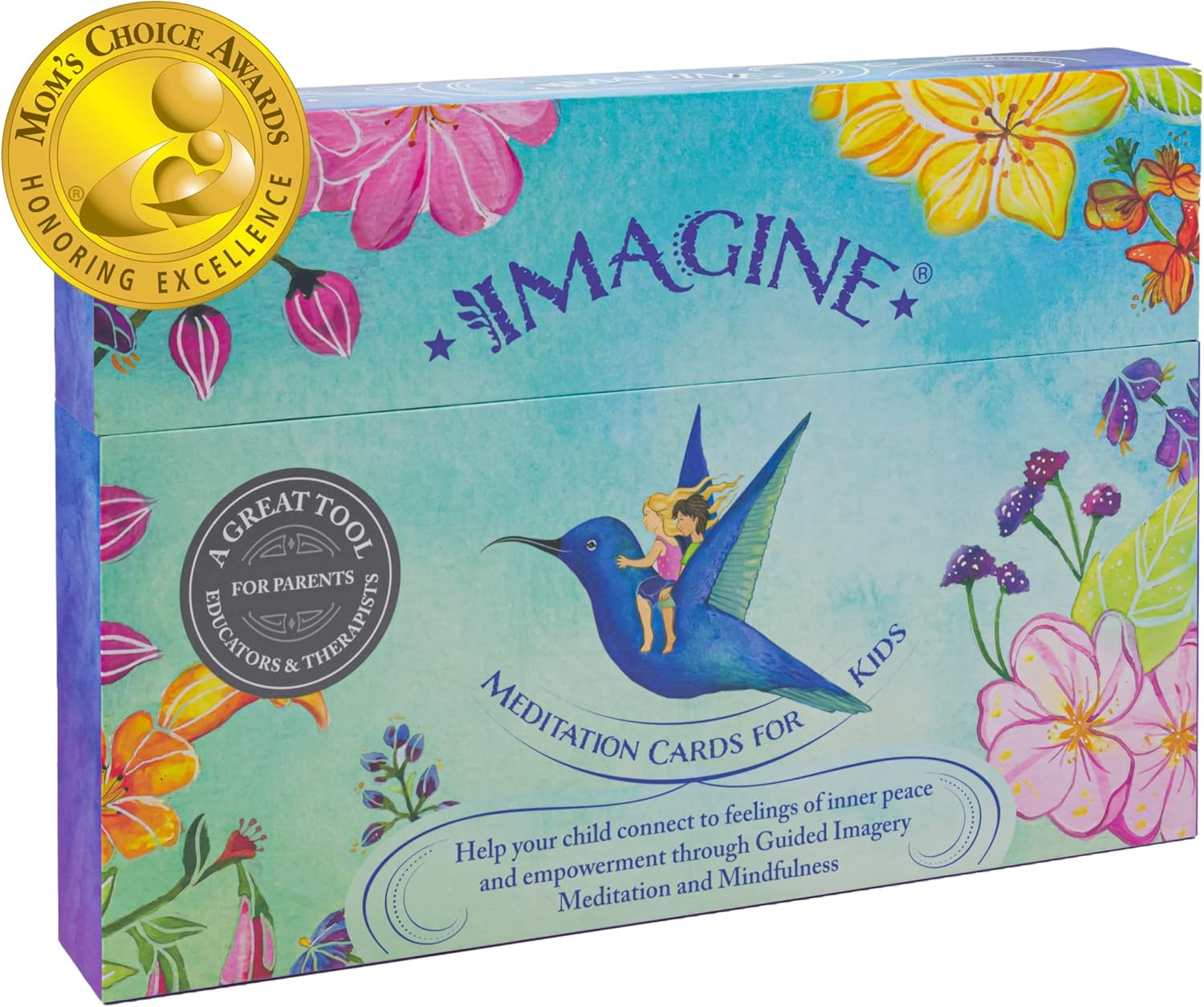The power of self-awareness can be a powerful tool in the journey of self-development and holistic well-being. Self-awareness is the ability to recognize and understand our own emotions, thoughts, and behaviors and how they affect our lives and the lives of those around us. It is the ability to take a step back and observe our own mental, emotional, and physical states in order to make better decisions for our lives.
When we become more self-aware, we are able to gain insight into our emotions and motivations. We can better understand our weaknesses and strengths, as well as our values and beliefs. This understanding can help us to create healthier habits and make better choices for our mental and physical health.
Self-awareness can also help us identify and address negative thought patterns and behaviors that may be contributing to stress and anxiety. By gaining a better understanding of how our thoughts and behaviors impact our mental and emotional states, we can take steps to make changes that will lead to healthier and more balanced lives.
Tips to increase your level of self-awareness
Developing our level of self-awareness is an important step in achieving holistic well-being. Here are some tips for developing your level of self-awareness:
1. Pay Attention to Your Thoughts and Feelings
The first step to becoming more self-aware is to pay attention to your thoughts and feelings. This means being mindful and taking the time to notice how your thoughts and feelings change throughout the day. Taking the time to observe your thoughts and feelings can help you to gain insight into your beliefs and values, as well as your strengths and weaknesses. It can also help to identify patterns in your behavior and identify areas where you can improve and make better decisions.
In addition to taking the time to observe your thoughts and feelings, it’s important to also journal or write down your thoughts and feelings. Writing down your thoughts and feelings can help to gain clarity on issues that may be causing stress or anxiety and can also help to identify patterns in your behavior. It can also serve as a reminder of what values and beliefs you hold and allow you to better understand how they influence your decisions.
2. Journaling
Journaling is an effective way to gain insight into your thoughts and feelings. It can help to identify patterns in your behavior and thought patterns, as well as to gain clarity on issues that may be causing stress or anxiety.
When journaling, it’s important to be as honest and open as possible. Don’t be afraid to explore your thoughts and feelings, even if they may be uncomfortable. Writing down your thoughts and feelings can help to gain better understanding of what triggers certain emotions and how they affect your behavior. It can also help to identify areas where you can improve and make better decisions.
In addition to writing down your thoughts and feelings, it’s also important to be mindful of your body language and physical expressions. Notice how your body responds to certain situations and how your facial expressions and body language can give insight into your thoughts and feelings.
3. Mindfulness Meditation
Mindfulness meditation is another great way to become more self-aware. This type of meditation helps to quiet the mind and allows you to observe your thoughts and feelings without judgment. It can help to create a sense of peace and calm and make it easier to gain insight into your beliefs and values, as well as your strengths and weaknesses.
When practicing mindfulness meditation, it’s important to focus on your breath and be aware of your body. Notice how your body responds to certain thoughts and feelings and be mindful of your emotions. This can help to identify areas where you can improve and make better decisions.
4. Reflection
Reflection is a helpful way to gain insight into your behavior and thought patterns. Taking time to reflect on your day can help you to identify areas where you can improve and make better decisions. This can be done by writing down your thoughts and feelings, or by simply taking the time to sit and think about your day.
When reflecting, it’s important to be honest and open with yourself. Identify areas that may have been challenging and think about how you could have handled them differently. It can also be helpful to think about the things that went well and recognize areas where you excel and give yourself a sense of satisfaction and accomplishment.
The benefits of self-awareness are far-reaching and can lead to improved mental and physical health. By taking the time to become more self-aware, we can gain insight into our thoughts and feelings, identify areas of improvement, and make better decisions for our overall well-being.
Self-awareness can help us to create healthier habits and make better choices for our mental and physical health. It can also help us to gain clarity on issues that may be causing stress or anxiety and lead to improved relationships with ourselves and those around us.
By developing our level of self-awareness, we can gain insight into our thoughts and feelings and make positive changes in our lives. This can lead to improved mental and physical health and greater satisfaction and contentment with our lives.



